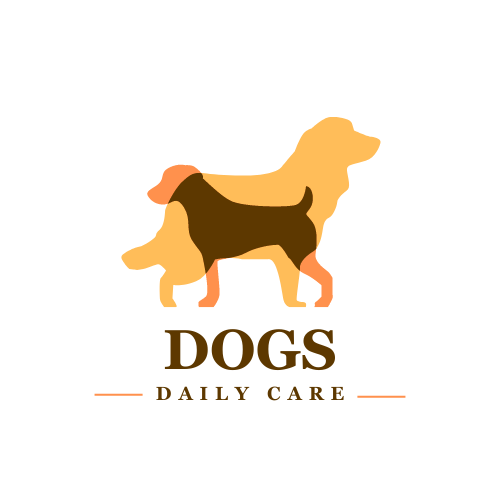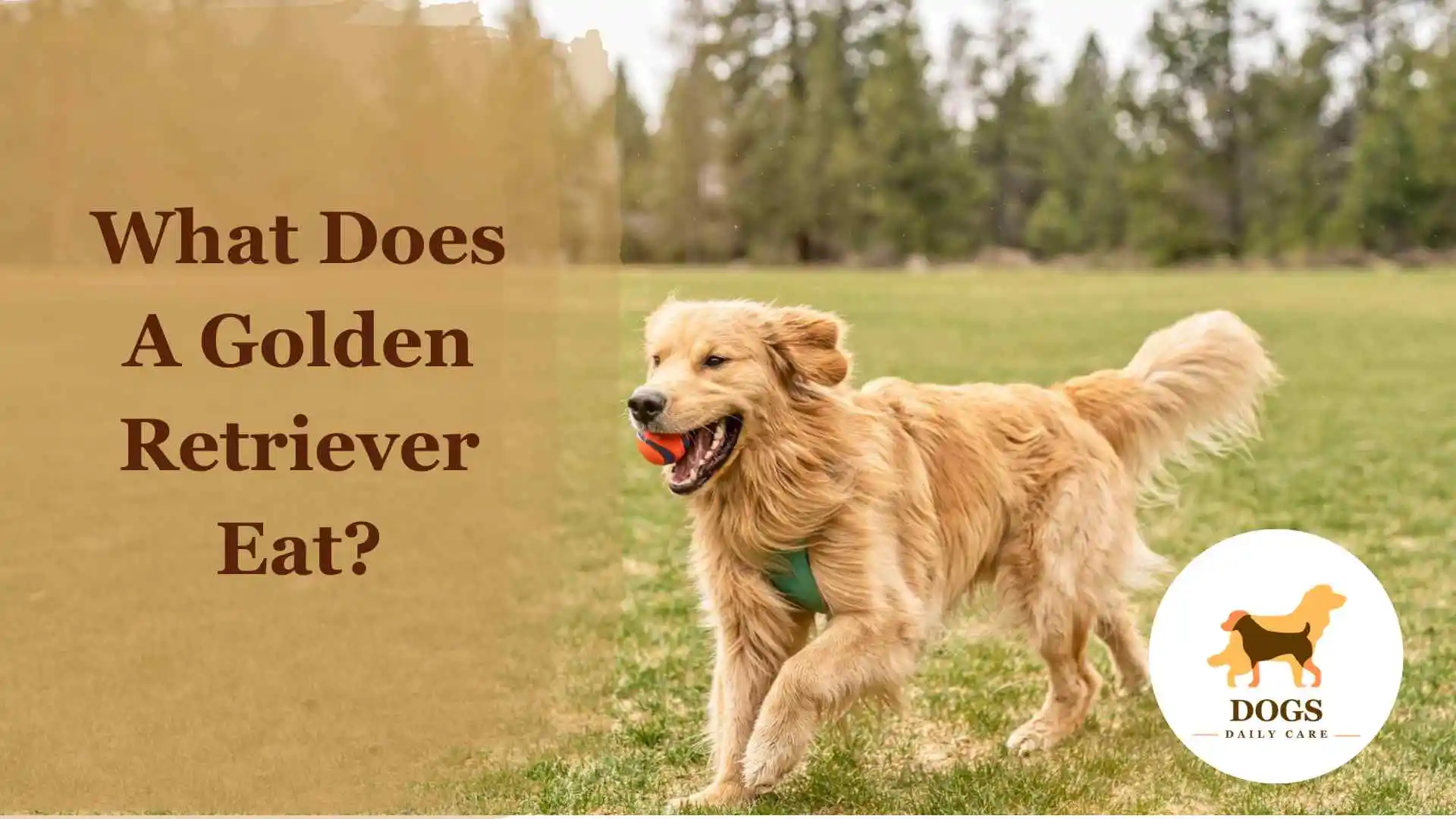What Does A Golden Retriever Eat?- An Ultimate Guide
Did you know that feeding your Golden Retriever the right diet can significantly affect their health and lifespan? While Golden Retrievers are known for their friendly and energetic nature, their dietary needs are often misunderstood. Knowing exactly what does a Golden Retriever eat can make all the difference between a happy, healthy pup and one suffering from nutritional deficiencies.
In today’s post, we’ll delve deep into the world of Golden Retriever nutrition. From understanding their basic nutritional needs to exploring age-specific diets and even tackling the rising trend of raw foods, this guide aims to be your one-stop resource for all things related to feeding your Golden Retriever.
So, whether you’re a new Golden Retriever parent or an experienced owner looking to optimize your furry friend’s diet, you’ve come to the right place. Let’s get started on making mealtime the highlight of your dog’s day!
The Nutritional Needs of a Golden Retriever
The Fuel Behind the Wagging Tail: Protein
When it comes to keeping your Golden Retriever active and happy, protein is a key player. Protein provides the essential amino acids that are the building blocks of muscles and tissues. Generally, a diet that includes about 20-30% protein is ideal for a healthy adult Golden Retriever.
It’s All About Balance: Fat Content
Don’t be alarmed by the word “fat” — dietary fats are crucial for your Golden Retriever’s health. They provide energy, keep the skin and coat healthy, and are important for brain development in puppies. The right balance would typically involve a diet consisting of 10-15% healthy fats such as fish oil and flaxseed.
Vitamins and Minerals: The Unsung Heroes
Your Golden Retriever also needs a variety of vitamins and minerals to support various physiological functions. Vitamins like A, D, and E contribute to vision, bone health, and immune function, respectively. Minerals like calcium and phosphorus are also critical. Look for dog foods enriched with these essentials, or consult your vet for supplement options.
Don’t Forget the Water!
You may think it’s obvious, but many pet owners overlook the importance of adequate hydration. Water is essential for digestion, temperature regulation, and overall metabolic processes. Make sure your Golden Retriever always has access to fresh, clean water, especially after exercise or on hot days.
Puppy vs. Adult vs. Senior: Age-Specific Diets
Feeding the Furry Future: Golden Retriever Puppies
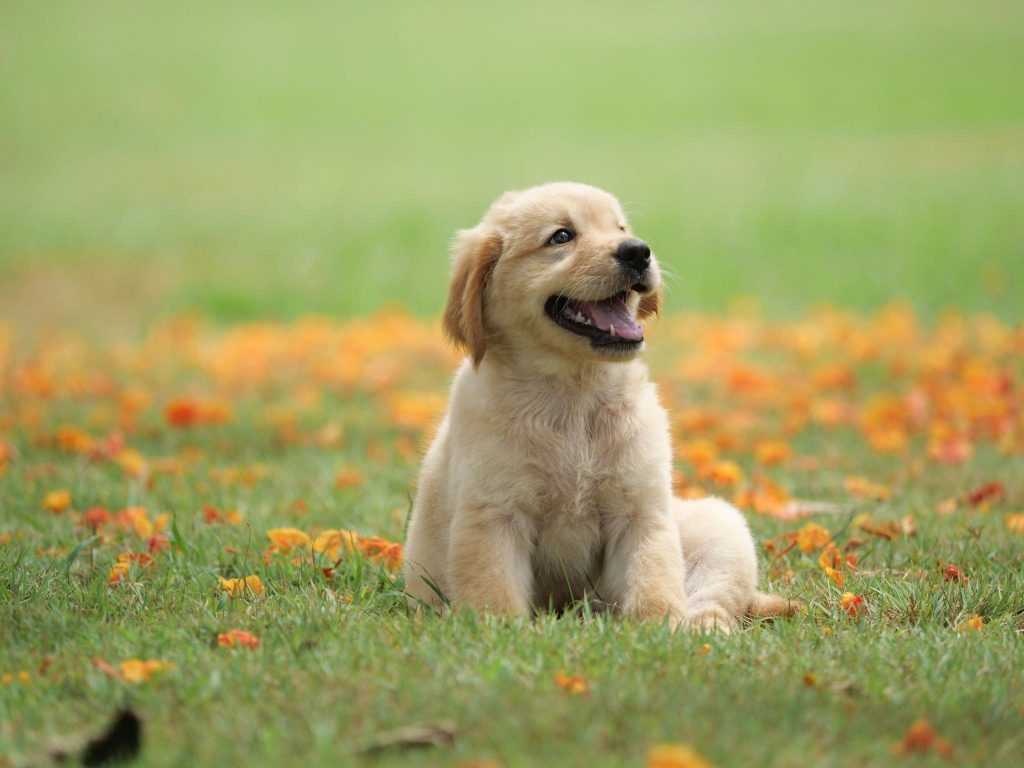
Golden Retriever puppies are bundles of energy, and feeding them right is the first step to a long, healthy life. Puppies generally require a diet high in protein and fat to support their rapid growth. Look for commercial puppy food formulas that contain at least 22-28% protein and 8-12% fat. Don’t forget about calcium and phosphorus for strong bones!
The Prime of Life: Adult Golden Retrievers
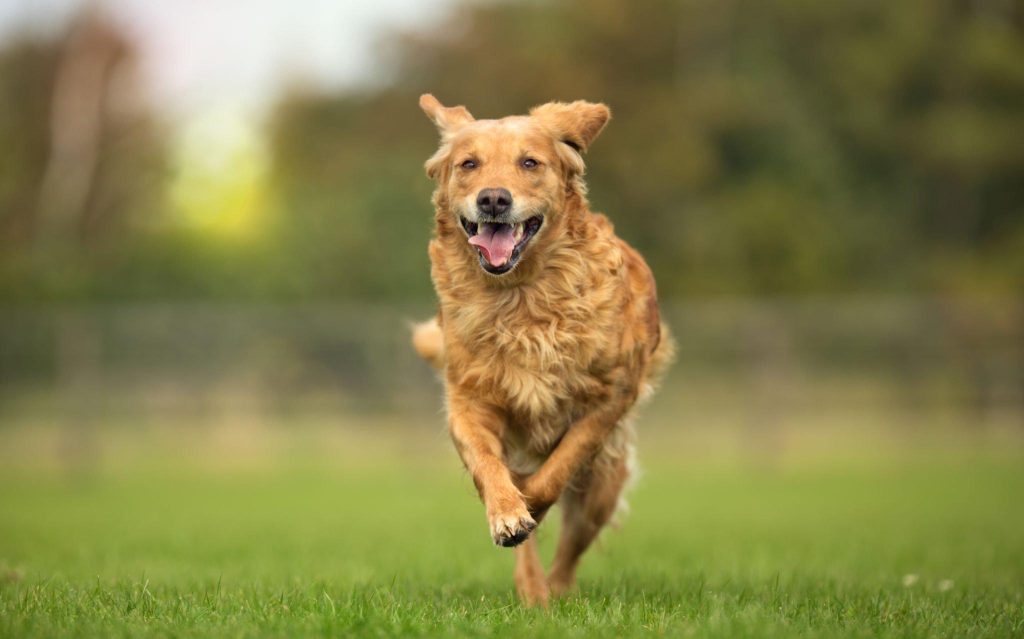
As your Golden Retriever transitions into adulthood, their dietary needs will change. An adult Golden Retriever usually needs less fat and protein compared to their puppy days but still requires a balanced diet. A protein content of around 20-30% and a fat content of 10-15% is generally recommended. Incorporate fiber and antioxidants for optimal health.
The Golden Years: Senior Golden Retrievers
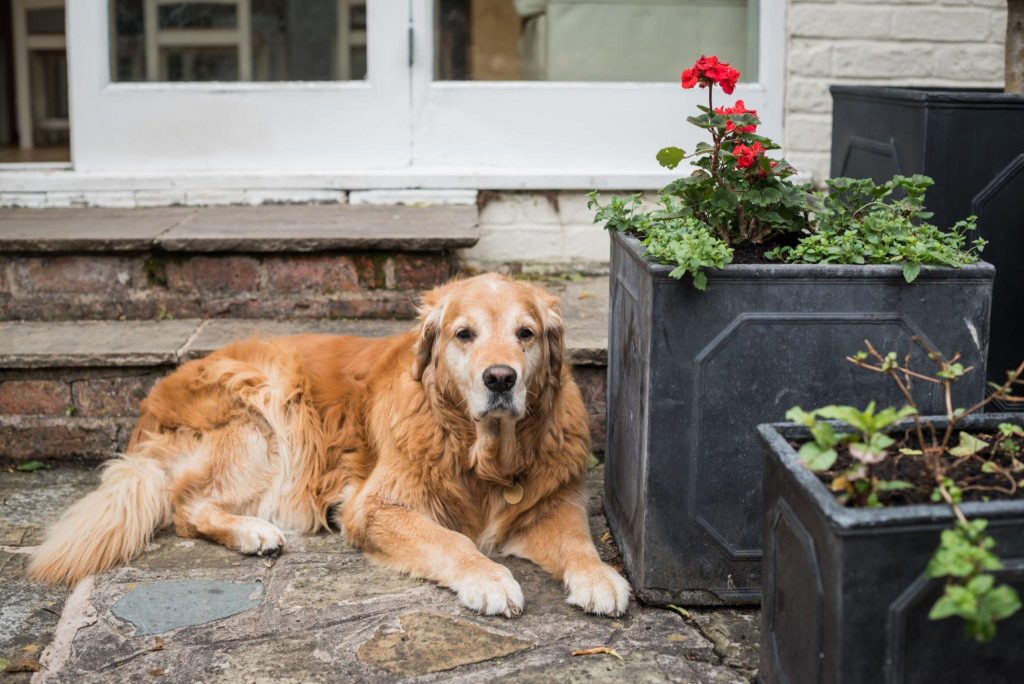
Golden Retrievers are considered seniors from about 7 years old. A senior diet should be low in calories but rich in high-quality protein to maintain muscle mass. Also, you might want to add supplements like glucosamine and chondroitin for joint health. Always consult your vet for a personalized senior diet plan.
Commercial Dog Foods: What to Look For
Beyond the Packaging: Quality Over Hype
The dog food aisle can be overwhelming with its colorful packaging and bold claims. However, the best commercial dog foods often have more than just attractive labels. Always prioritize quality ingredients over marketing hype. Look for foods where the first ingredient is a high-quality source of animal protein like chicken, beef, or fish.
The Grain Debate: Grain-free vs. Grain-inclusive
The grain-free trend has taken the dog food world by storm, but is it right for your Golden Retriever? Grain-free diets can be beneficial for dogs with certain food allergies, but they are not a one-size-fits-all solution. On the other hand, grain-inclusive diets often contain valuable fiber and nutrients. Consult your vet to determine what’s best for your dog.
What’s in the Label: Understanding Nutritional Values
Be vigilant when reading food labels. A good commercial dog food should list detailed nutritional values, including protein, fat, fiber, and moisture content. Some top brands to consider are:
- Blue Buffalo: Contains 24% protein and 14% fat, rich in Omega-3 and Omega-6 fatty acids.
- Hill’s Science Diet: Offers 21% protein and 12% fat, fortified with vitamins and minerals.
- Orijen: A high-protein option with 38% protein and 18% fat, great for active adult Golden Retrievers.
- Royal Canin Golden Retriever: Specifically designed for Golden Retrievers, contains 23% protein and 11% fat, along with nutrients to support skin and coat health.
Homemade Diets: Pros and Cons
Cooking Up Love: The Appeal of Homemade Diets
There’s something incredibly satisfying about preparing a meal for your loved ones, and that includes your four-legged family member. Homemade dog food gives you control over what goes into your Golden Retriever’s diet, making it easier to avoid fillers, preservatives, and allergens. Plus, fresh foods can be more palatable and digestible for your dog.
The Flip Side: Challenges and Nutritional Balance
However, homemade diets come with their own set of challenges. Crafting a nutritionally balanced meal for your Golden Retriever is not as simple as tossing some meat and veggies into a bowl. Dogs need a balanced ratio of protein, fats, carbohydrates, vitamins, and minerals. A poorly balanced homemade diet can lead to nutritional deficiencies or excesses.
Examples of Homemade Dog Food Recipes
If you’re considering a homemade diet, consult your veterinarian for a nutritionally balanced recipe. However, here are a couple of popular recipes to give you an idea:
Chicken and Rice Bowl
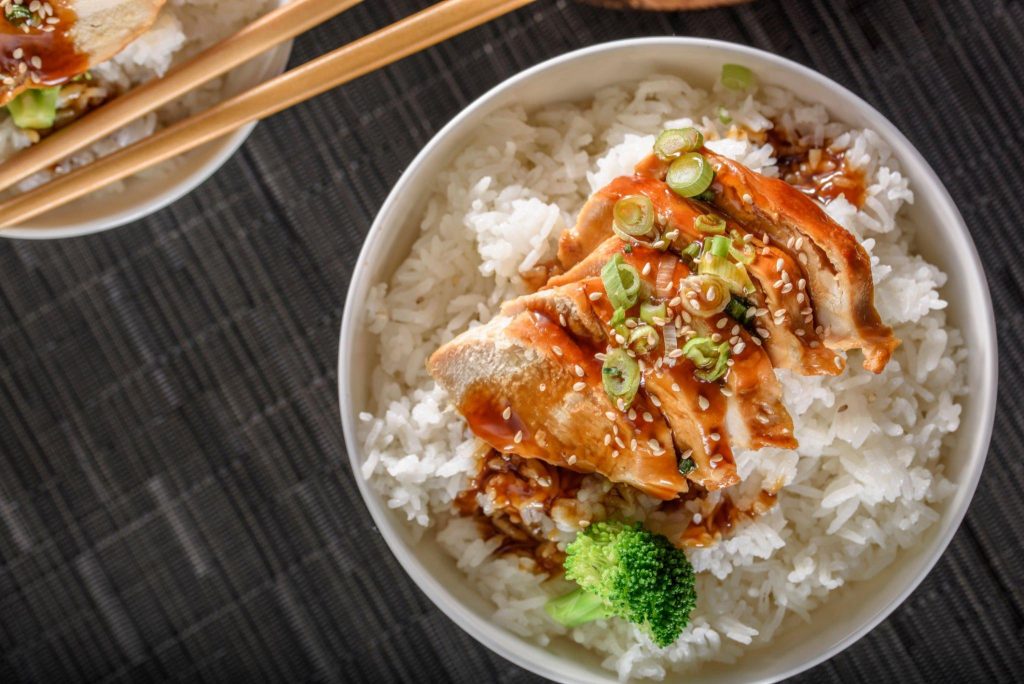
2 cups of boiled chicken (shredded)
1 cup of cooked brown rice
1/2 cup of steamed carrots
Nutritional content: ~22% protein, ~9% fat
Beef and Veggie Mix
1.5 cups of ground beef (cooked)
1/2 cup of sweet potatoes (cooked)
1/2 cup of green beans (steamed)
Nutritional content: ~25% protein, ~15% fat
Remember, these are just starting points and may not meet the specific nutritional needs of your Golden Retriever. Always consult your vet for tailored advice.
Raw Diets: A Trend Worth Following?
The Raw Appeal: Unprocessed and Natural
The concept of feeding raw diets to dogs has gained significant traction in recent years. Proponents argue that raw diets mimic what dogs would eat in the wild, leading to shinier coats, healthier skin, and higher energy levels. The fundamental idea is to offer uncooked meats, fruits, vegetables, and occasionally dairy and grains.
But Wait, There’s More: The Risks Involved
However, the raw diet trend is not without its controversies. Feeding raw meat poses the risk of bacterial contamination, not just for your Golden Retriever but also for humans in the household. Moreover, like homemade diets, achieving a balanced nutritional profile can be complicated. Some vets caution against raw diets due to the risk of nutrient imbalances and potential bacterial infection.
What the Experts Say
While many dog owners swear by the benefits of raw diets, it’s crucial to consult your vet for personalized advice. Some dogs might benefit from a partial raw diet combined with commercial foods to ensure all nutritional needs are met. If you decide to try a raw diet, consider options like:
Raw Chicken Necks
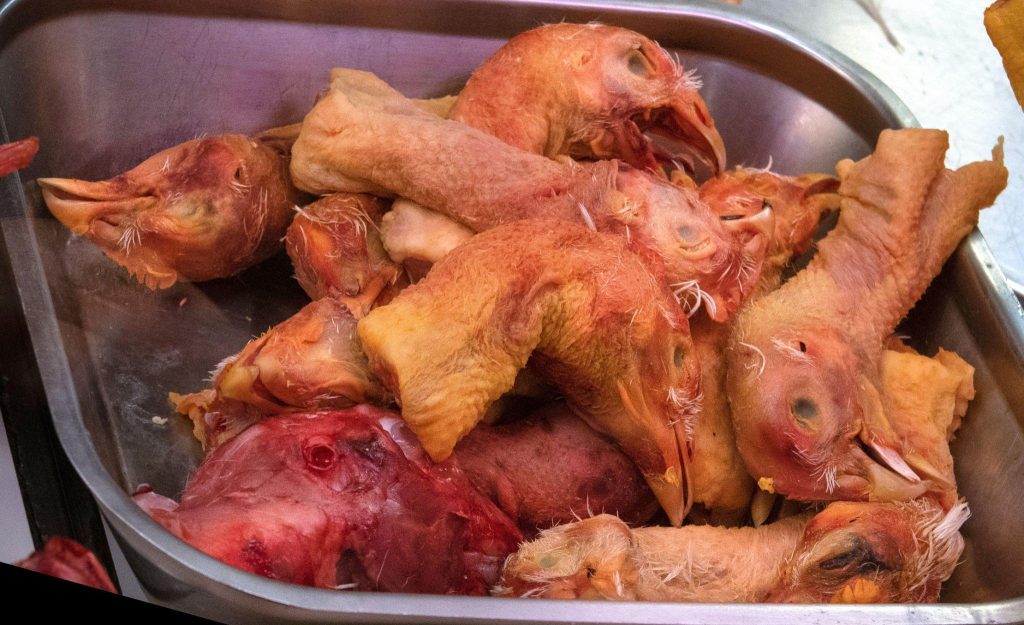
High in protein and calcium but should be balanced with other nutrient sources.
Beef Liver
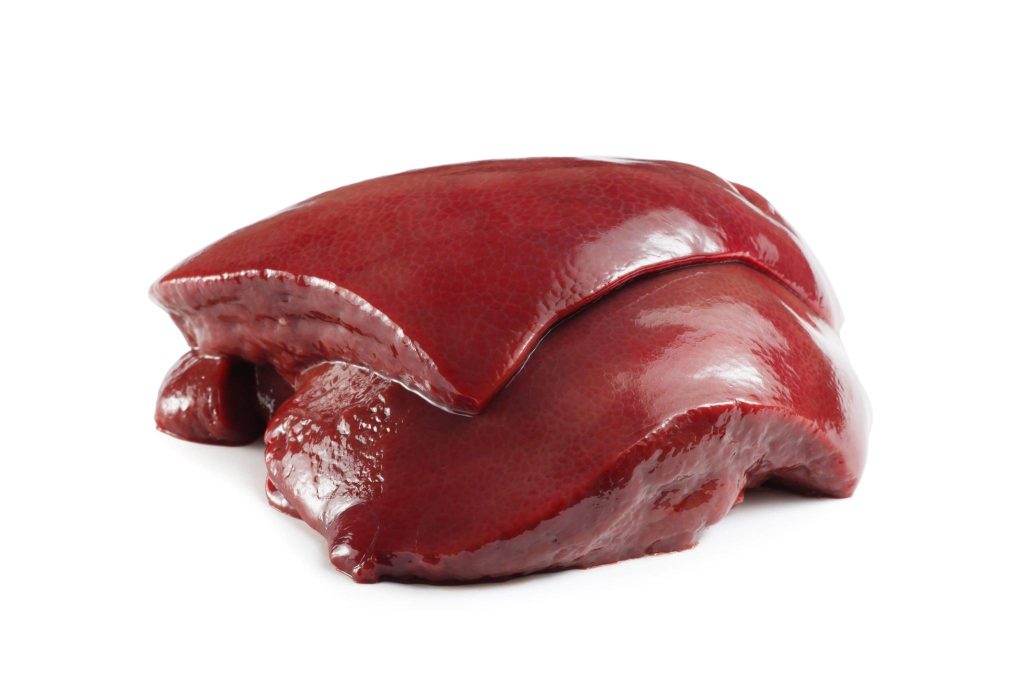
Rich in vitamins like A and B but high in fat, so should be given in moderation.
Mackerel or Sardines: Good sources of Omega-3 fatty acids but remember to remove all bones.
Treats and Snacks: Moderation is Key
The Joy of Snacking: It’s Not Just for Humans!
Who doesn’t love a tasty treat now and then? Your Golden Retriever is no exception. Treats can be a great training aid, a way to strengthen your bond, or just a means to bring joy to your dog’s day. But remember, not all treats are created equal, and moderation is the key to maintaining a balanced diet for your Golden Retriever.
The Treat Trap: Overindulgence and Its Consequences
While it’s tempting to spoil your Golden Retriever with endless snacks, overindulgence can lead to weight gain, nutritional imbalances, and even digestive issues. Treats should make up no more than 10% of your dog’s daily caloric intake. Always read the nutritional labels on commercial treats and consult your vet for personalized recommendations.
Pawsome Treat Ideas for Your Golden Retriever
Looking for some healthy treat ideas? Here are some options:
Carrot Sticks
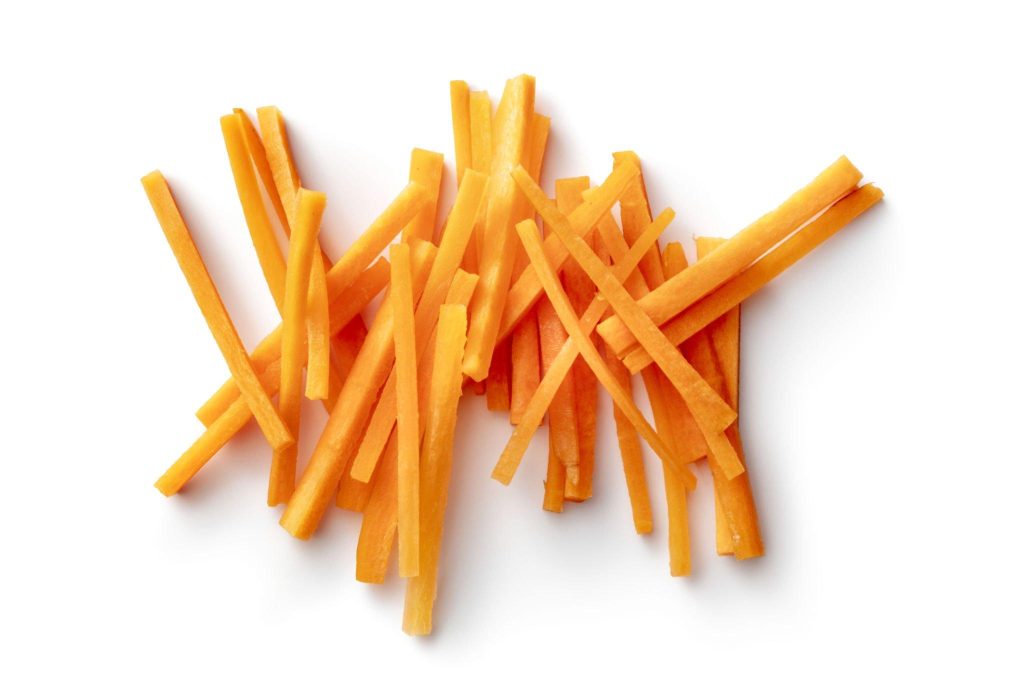
Low in calories and high in fiber, great for chewing.
Apple Slices
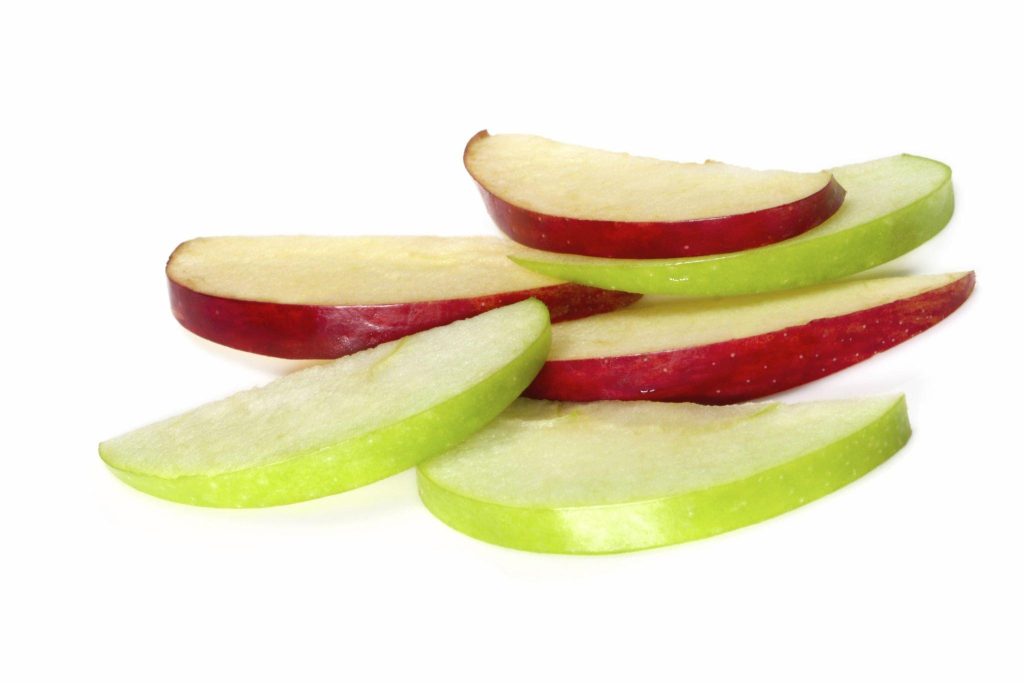
A good source of vitamins A and C but remove the seeds.
Doggie Biscuits
Opt for ones made from whole grains and natural ingredients.
Boiled Chicken
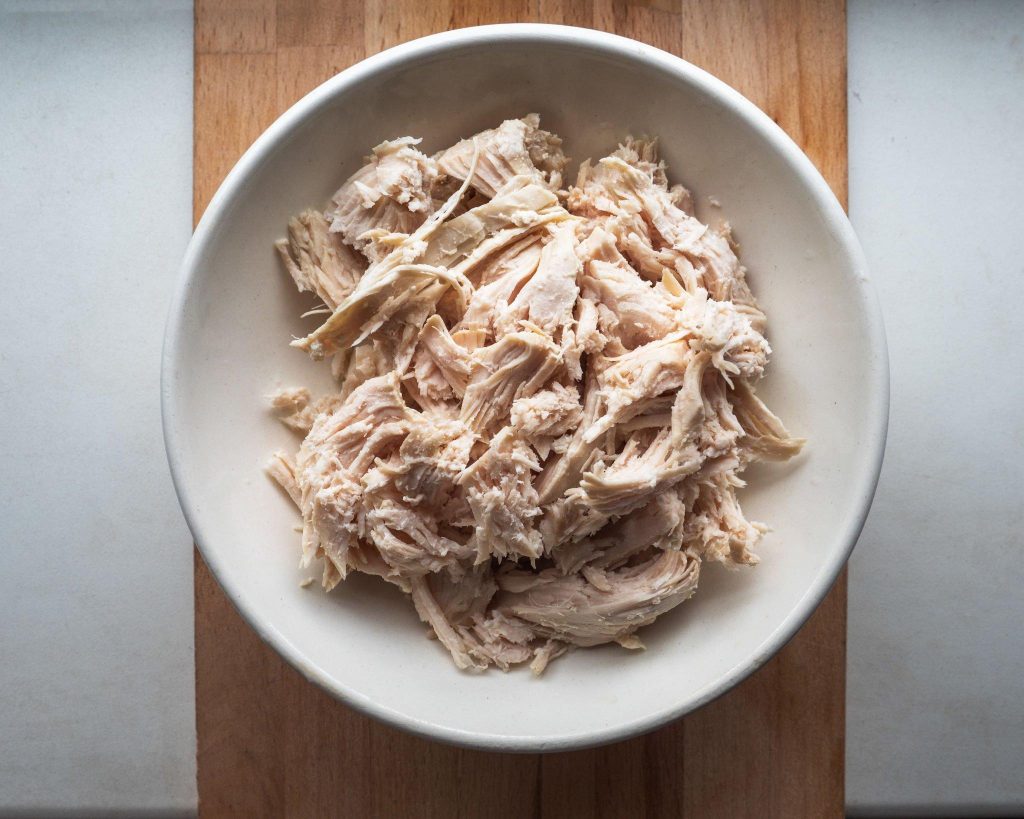
A protein-rich option but serve in moderation.
Always keep an eye on your Golden Retriever when trying new treats, especially fruits and vegetables, to ensure they don’t have an allergic reaction.
Food Allergies and Sensitivities
The Sneaky Culprit: Identifying Food Allergies
Food allergies in Golden Retrievers can be difficult to identify but incredibly impactful on your dog’s well-being. Symptoms can range from skin irritations, excessive scratching, and digestive issues to more severe conditions like chronic ear infections. It’s crucial to recognize the signs and consult your veterinarian for a proper diagnosis.
Common Allergens: What to Watch Out For
Golden Retrievers are often sensitive to certain foods, some of which may surprise you. Common culprits include beef, chicken, dairy, and grains like wheat or corn. If you suspect your dog has a food allergy, your vet may recommend an elimination diet to pinpoint the exact allergen.
Solutions and Alternatives: Diet Adjustments and More
Once you identify the allergen, the next step is to adjust your dog’s diet accordingly. There are hypoallergenic dog foods specifically designed for dogs with food sensitivities. You can also consider grain-free options or a homemade diet crafted under veterinary guidance. Some commonly recommended hypoallergenic foods include:
- Hill’s Prescription Diet z/d: Specially formulated for dogs with food sensitivities, contains 19% protein and 14% fat.
- Purina Pro Plan Veterinary Diets HA: A hydrolyzed protein source, with 18% protein and 10% fat.
- Natural Balance L.I.D. Limited Ingredient Diets: Offers a range of protein and carbohydrate sources to minimize allergen exposure, with 21% protein and 10% fat.
Frequently Asked Questions
1. Can I Feed My Golden Retriever Human Food?
While some human foods are safe for Golden Retrievers, others can be toxic. Foods like chocolate, grapes, and onions should be avoided. Always consult your vet before introducing new foods into your dog’s diet.
2. How Often Should I Feed My Golden Retriever?
The feeding frequency depends on your Golden Retriever’s age, activity level, and specific dietary needs. Puppies usually need to be fed 3 to 4 times a day, while most adult Golden Retrievers do well with 2 meals a day. Consult your vet for personalized recommendations.
3. Is Wet Food Better Than Dry Food?
Both wet and dry foods have their pros and cons. Wet food is generally more palatable and easier to chew but may lack the crunch that helps clean your dog’s teeth like dry food. A balanced combination of both may offer the best of both worlds.
4. What Supplements Can I Give My Golden Retriever?
Supplements like fish oil for coat health, glucosamine for joint health, and probiotics for digestion can be beneficial but should only be introduced under veterinary guidance.
5. Can I Switch Dog Foods Suddenly?
Abrupt changes in diet can lead to digestive issues. When switching foods, do it gradually over a week by mixing the new food with the old in increasing proportions.
Conclusion
Navigating the world of dog food can be overwhelming, especially with the multitude of options available. Whether it’s commercial dog food, homemade meals, or even a raw diet, the key is to provide a balanced and nutritious diet that suits your Golden Retriever’s specific needs.
While this guide offers a comprehensive look into what Golden Retrievers can eat, it’s essential to consult your veterinarian for personalized dietary recommendations. After all, every dog is unique, and what works for one may not work for another, especially when considering factors like age, activity level, and potential food sensitivities.
The best diet for your Golden Retriever is one that’s balanced, rich in nutrients, and appropriate for their life stage. Make informed choices, read ingredient labels carefully, and don’t hesitate to seek professional guidance. Your Golden Retriever’s health and happiness are well worth the effort.
